It was like one of those Charles Dickens gloomy scenes which foreshadowed a bleak plot twist; for the first – and only – time during my two-week trip through Europe, the weather was exceptionally cold coupled with heavy showers. Even though I’d woken up at 4 am, I still managed to miss my 6 am Budapest-Prague bus.
Running in the dark early hours of the day, falsely hoping to catch the bus I was certain had already moved, I was caught in a panic attack of sobbing and heavy breathing. But little did I know that I probably was meant to miss the bus to be another helping hand along his journey back home.
By the time I reached the bus station, I’d calmed down, and figured that the solution was as simple as buying another bus ticket. Realizing I still had another eight hours to kill until my ride hits the road, I started to weigh my options between reading, watching movies or striking conversation with strangers who seemed to also be stranded at the bus station.
Shortly into my conversation with two Mexican backpackers, a man who roughly seemed to be in his early forties interrupted us asking the gentlemen if either spoke Arabic.
“I speak Arabic,” I replied abruptly, given how scarce it was to bump into Arabic speakers in Eastern Europe.
Addressing me this time, the man explained that he was trying to get to Belgrade. “Can you help me?”
Not knowing what kind of help he was exactly hoping for, I felt a bit skeptical and was slightly taken aback. “I am Syrian, and I need to ask about the next bus to Belgrade, but I don’t speak English so I can’t inquire about the buses’ schedule,” he replied to my baffled facial expressions.
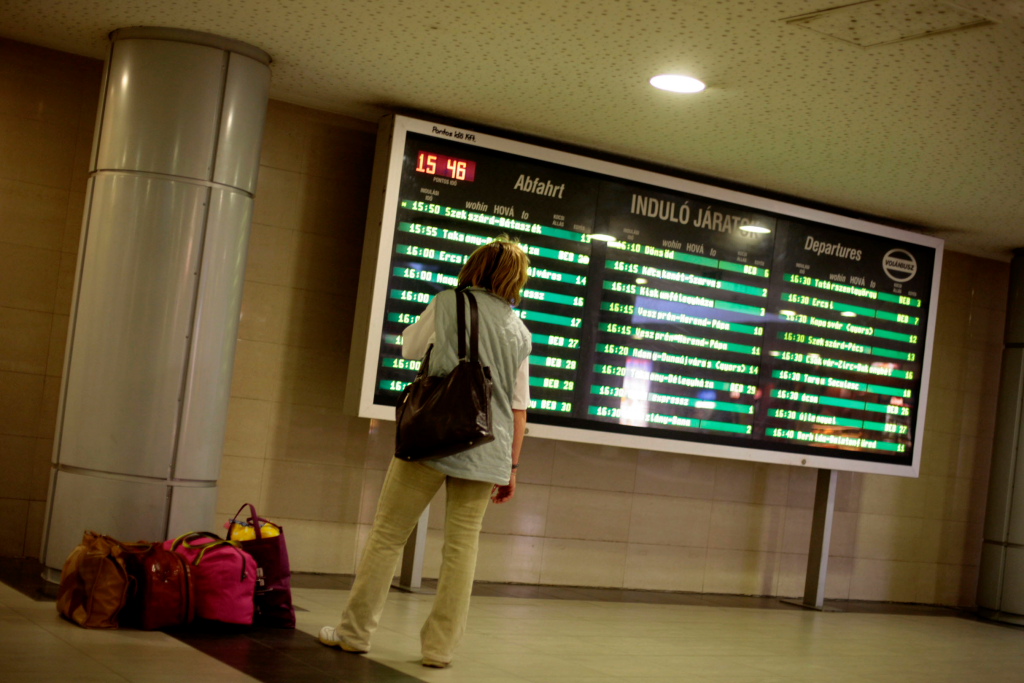
On our way to the information desk, Mossaab Abo Fadel, father of six, briefly explained that he had been moving from one European country to another searching for a safe haven for his family to reside. The day we met was his fortieth day on the road.
Giving in to the fact that the only bus to Belgrade was leaving in 11 hours, Abo Fadel did the math to make sure the finances were still sufficient to get him back home to his family. Returning from a short visit to the cafeteria, he looked disappointingly at the three Euros that rested in his palm, and exclaimed: “They don’t use Euros here! Can I buy some Forints from you?”
Despite his scarce finances, this time he returned from the cafeteria with baked goods for the two of us to nibble on. With snacks at hand, and a long trip to Syria to plan, Abo Fadel and I had a lot to do.
Like a wanderer lost in the desert looks at his last sip of water, he carefully handed me a scrap piece of paper that he fetched from his pocket. “Could you please write in small handwriting to save up space?” he said as I unfolded the scrap paper showing all the contacts and remarks he had written down.
For the next hour or so, Abo Fadel explained the cities he needed to go through in order to reach Syria. Making sure he didn’t face the same language predicament at any of the following bus stations, we wrote down the route in English and Arabic, including city names, bus numbers and the ticket prices.
With a less vague journey ahead of him, one very important thing remained. “Can I please use your phone to text my wife, let her know I’m okay?”
While most travelers are keen to take pictures of themselves for the sake of documenting a memory or a fun trip, Abo Fadel on the other hand seemed to take a picture of himself to document his living moments whenever he could.
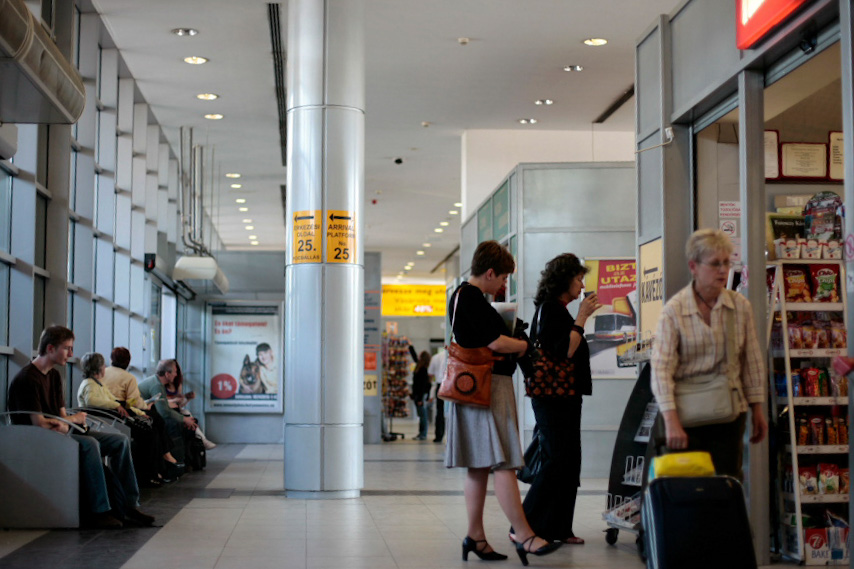
Somewhere in a different continent where the skies showered bombs rather than rain, Abo Fadel’s wife awaited eagerly, gasping for the short-lived moments when he texted or called. From one voice note to the other, it wasn’t hard to tell how he was trying his best to be concise in his communication, while his wife wanted to know as much as she could about his health and well-being. Overwhelmed with emotion to learn that her husband was okay, she saluted him in pain knowing that he may disappear for many days to come before he could get back in touch.
“If you win something, you must lose something,” Abo Fadel said quietly, contemplating the two extremes he had to choose from, between his war-torn homeland and the peaceful, developed European countries which bore no signs of his culture that gave him a sense of security.
“They keep bragging about the beauty of Europe and its nature, but you should see Syria,” he went on like a lover talking about the woman he was infatuated with.
Before the war broke out in Syria, Abo Fadel held a job in the government, but much like everything in his hometown, uncertainty was all he knew about his own life, let alone his career.
“Everyone in the media talks about Da’esh [ISIS] and their horror, but believe me, they’re not the worst. At least when Da’esh attack people and kill them, they are limited or specific groups, unlike Assad’s army that bombs entire cities, or other militant groups that walk around town slaying people and stealing their money.”
Yet in spite of all the horrors back home that Abo Fadel knew all too well, at least it was still his country where he wasn’t a stranger.
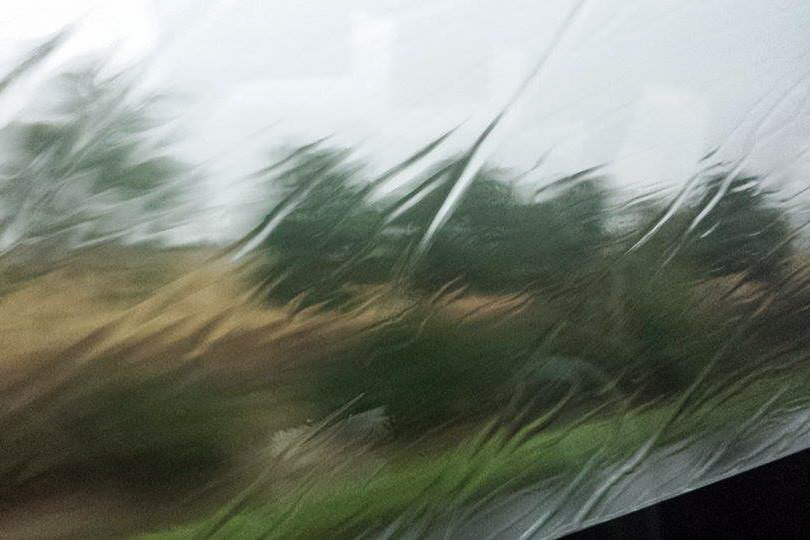
From Syria to Egypt, we both talked about the statuses of our home countries where he showed a lot of interest to learn more about how the political life was evolving in Egypt, and how people felt about it.
Before I knew it, it was already time for me to go. Insistent on walking me to my platform, he urged me not to forget him. “Please stay in touch, and don’t forget my name; your uncle Abo Fadel,” he said like a man who didn’t know how long he still had to live. “If you’re ever in Syria, please rest assured that we’ll gladly be there for you.”
As I sat in the bus, watching the road through the fogged up window, I couldn’t stop thinking about Abo Fadel and his family. Every prayer he prayed for me in gratitude for my help – which was barely worthy of mention – was more precious than the fanciest gift I’d ever received.
Two weeks later, as I prepared my morning coffee back in my cozy kitchen in Cairo, I wondered if my Syrian friend had made it safely to his family. Having saved his wife’s number, I picked up my phone and texted her.
Bewildered and filled with heartache, she informed me that the last she’d heard from her husband was a week ago. “He had reached Greece, and called me through a fellow Egyptian’s phone,” she texted back. “But he hasn’t contacted us again since then. I am terrified that he may have been caught and imprisoned.”
Unable to find the right words to soothe her, all I could do was pray for the entire family to reunite once again.
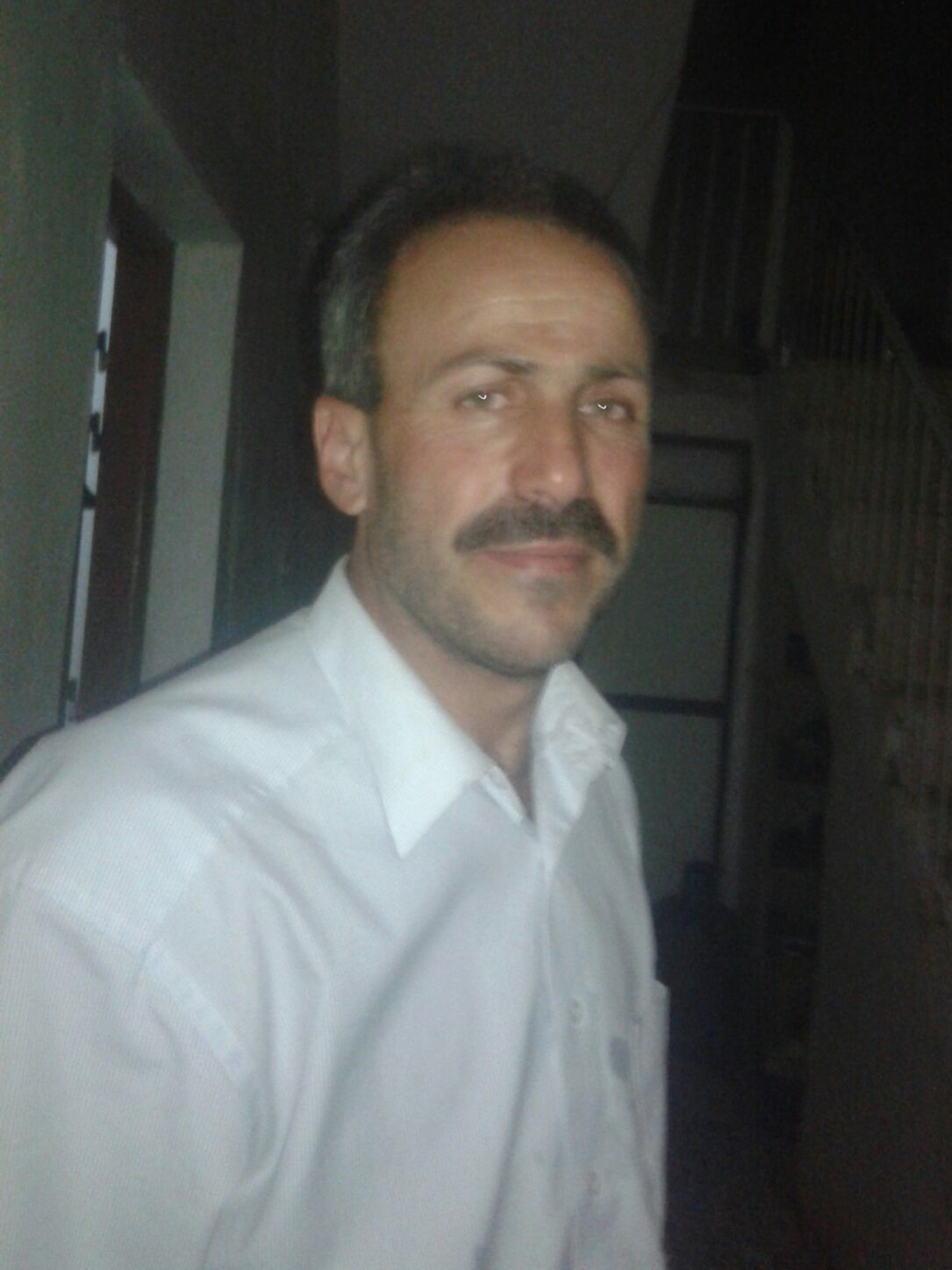
Overjoyed to learn what has become of her husband, she showered me with prayers that were as heart-warming as her husband’s. “You are a dear sister, and I hold you very dear to my heart,” she texted me the next day. “The day you contacted me was the day Abo Fadel called after an entire week of no news whatsoever. Pray for us, and I pray we will meet one day.”
From that day on, we have remained in one another’s prayers and thoughts. Despite the terror that engulfs their days and nights back in Idlib, my Syrian friend whose name I do not know, makes sure she shares the remaining bright glimpses of life, such as her children’s photos or news about the olives harvest season which is famous in Syria.
Even though our conversations barely go beyond morning greetings and mutual prayers for the well-being of one another’s family, it worries me deeply every time I text, and she doesn’t text back.
For Abo Fadel, his beautiful family, and all the Syrian families, I pray the day will come when they only wake up to the beauty that brought Abo Fadel back to his home with no regrets.
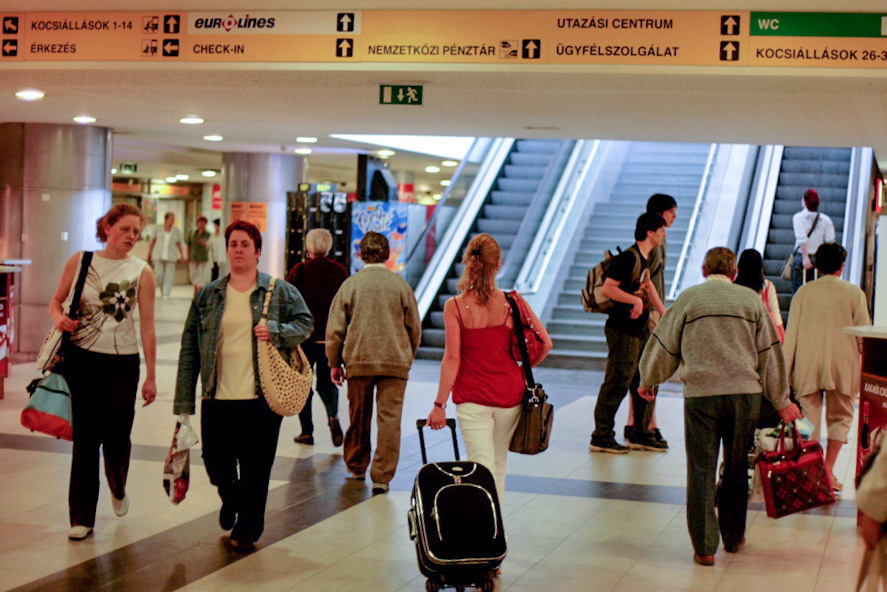



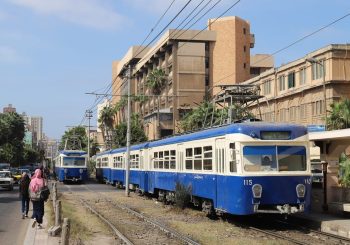
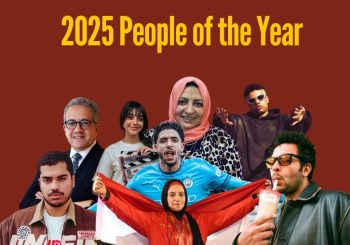
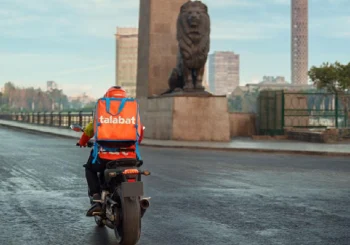
Comments (42)
[…] The Plight of a Syrian Refugee Stranded Between a Safe Haven and a War-Torn Home – Addressing me this time, the man explained that he was trying to get to Belgrade … Abo Fadel and I had a lot to do. Like a wanderer lost in the desert looks at his last sip of water, he carefully handed me a scrap piece … […]
[…] The Plight of a Syrian Refugee Stranded Between a Safe Haven and a War-Torn Home – It was like one of those Charles Dickens gloomy scenes which foreshadowed a bleak plot twist; for the first – and only – time during my two-week trip through Europe, the weather was exceptionally cold coupled with … […]